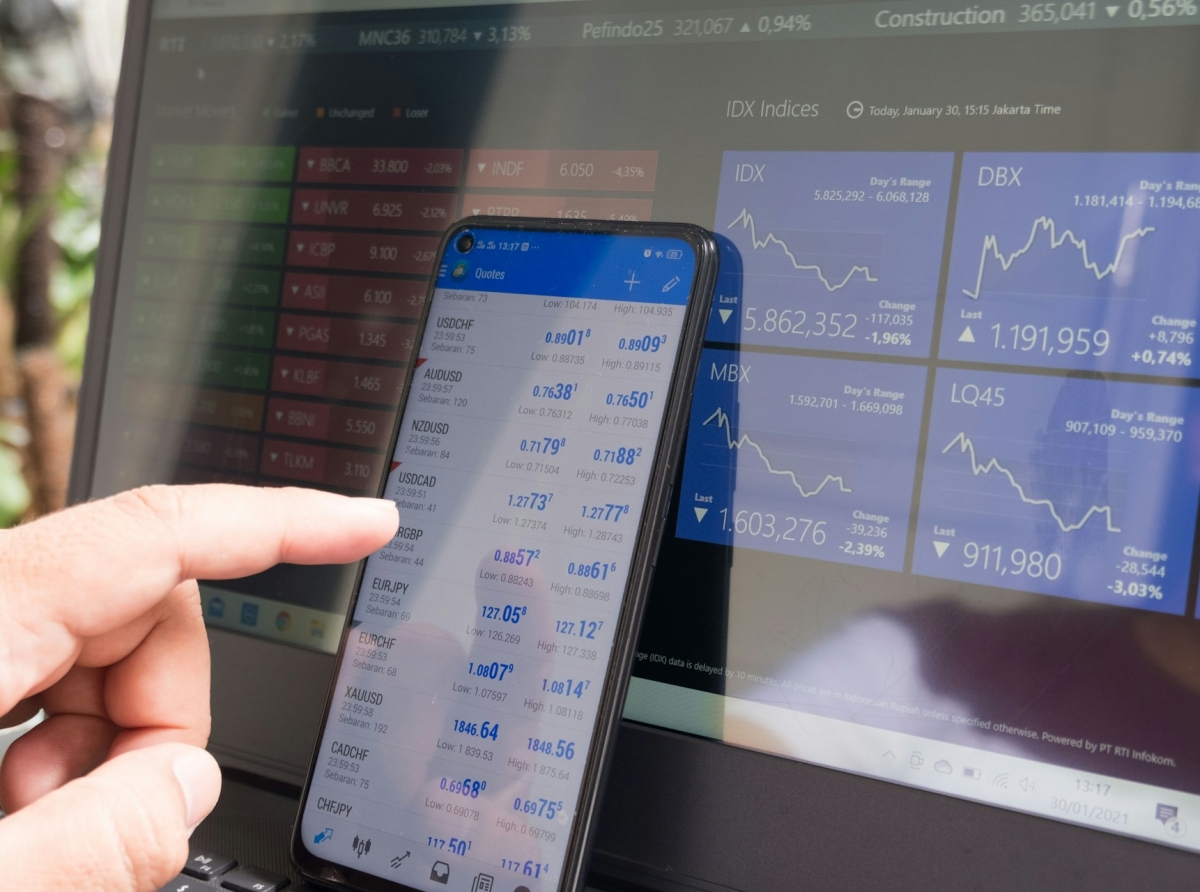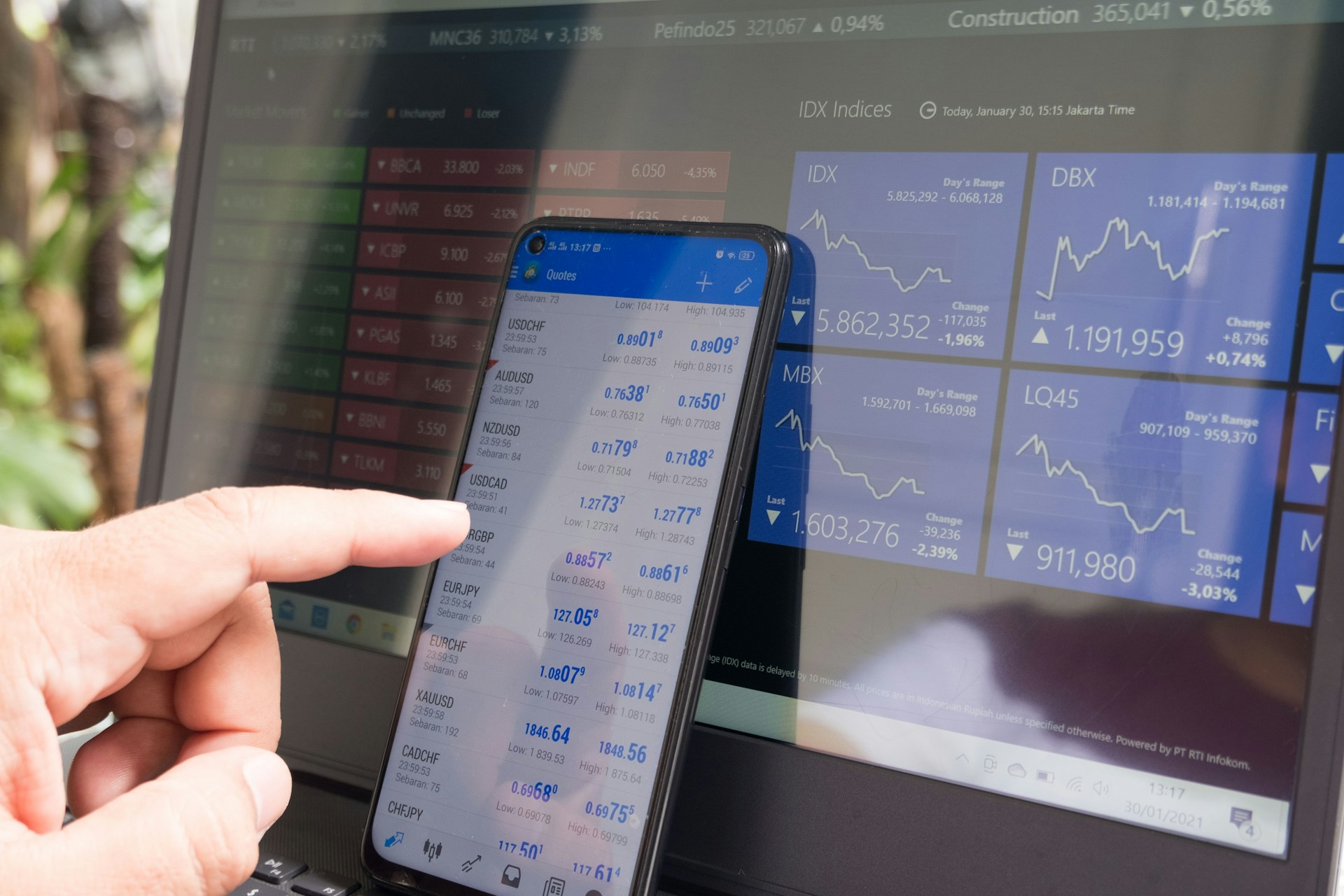Leveraging Proprietary Software for Competitive Advantage in Forex Trading

Leveraging Proprietary Software for Competitive Advantage in Forex Trading
Brief Overview of Forex Trading
The foreign exchange (Forex) market is the largest and most liquid financial market in the world, with a daily trading volume exceeding $6 trillion. It operates 24 hours a day, five days a week, providing opportunities for traders to engage in currency trading around the clock. The core activity involves buying one currency while simultaneously selling another, aiming to profit from fluctuations in exchange rates.
Importance of Maintaining a Competitive Edge in the Market
In a market as dynamic and fast-paced as Forex, maintaining a competitive edge is crucial for success. The ability to quickly interpret market signals, execute trades efficiently, and manage risks effectively determines whether a trader thrives or merely survives. Staying ahead of the competition requires leveraging advanced tools and technologies that enhance decision-making processes and trading strategies.
The foreign exchange (Forex) market is the largest and most liquid financial market in the world, with a daily trading volume exceeding $6 trillion. It operates 24 hours a day, five days a week, providing opportunities for traders to engage in currency trading around the clock. The core activity involves buying one currency while simultaneously selling another, aiming to profit from fluctuations in exchange rates.
Importance of Maintaining a Competitive Edge in the Market
In a market as dynamic and fast-paced as Forex, maintaining a competitive edge is crucial for success. The ability to quickly interpret market signals, execute trades efficiently, and manage risks effectively determines whether a trader thrives or merely survives. Staying ahead of the competition requires leveraging advanced tools and technologies that enhance decision-making processes and trading strategies.

Leveraging Proprietary Software for Competitive Advantage in Forex Trading
Challenges Faced by Traders in the Forex Market
Common Issues: Volatility, Information Overload, and Emotional Decision-MakingForex trading presents several challenges that can impede performance:
Volatility: The Forex market is highly volatile, with prices influenced by various factors such as economic indicators, geopolitical events, and market sentiment. Sudden price swings can lead to significant losses if not managed properly.
Information Overload: Traders are bombarded with vast amounts of data from multiple sources—news feeds, economic reports, technical indicators—which can be overwhelming and difficult to process in real-time.
Emotional Decision-Making: Emotions like fear and greed can cloud judgment and lead to irrational decisions. For instance, fear might cause premature selling while greed could result in holding positions for too long.
Impact on Trading Performance
These challenges can have detrimental effects on trading performance:
Increased Risk: Volatility introduces higher risk levels, which can erode profits or amplify losses if not controlled.
Delayed Decision-Making: Information overload can slow down decision-making processes, leading to missed opportunities or suboptimal trades.
Poor Judgments: Emotional decision-making often results in inconsistent trading behavior, negatively affecting profitability.
Role of Proprietary Software Solutions
Definition and Advantages of Proprietary Software in Trading
Proprietary software solutions are custom-developed applications designed specifically for individual traders or firms. Unlike off-the-shelf software that offers generic functionalities, proprietary systems are tailored to meet unique requirements and preferences.Advantages include:
Customization: Features tailored to specific trading strategies and needs.
Efficiency: Streamlined workflows that enhance productivity.
Competitive Advantage: Unique tools that offer an edge over competitors using standard platforms.
Examples of Functionalities That Enhance Trading Efficiency
Real-Time Data Analysis: Proprietary software can aggregate data from multiple sources, providing real-time analytics that help traders make informed decisions quickly.Automated Trading: Algorithms can be developed to execute trades based on predefined criteria without human intervention. This reduces emotional biases and ensures consistent execution.
Risk Management Tools: Customizable risk management features allow traders to set automatic stop-loss orders or risk thresholds tailored to their strategies.
Case Studies: Successful Implementation of Proprietary Software
Real-World Examples
Case Study 1: Hedge Fund A
A hedge fund developed proprietary software integrating machine learning algorithms that analyze historical data patterns to predict future price movements. This system provided highly accurate trade signals resulting in a remarkable increase in their annual returns by 20%.
Case Study 2: Retail Trader B
A retail trader created an automated trading bot using proprietary software which executed trades based on technical indicators like Moving Averages & RSI (Relative Strength Index). Over six months usage period saw consistent weekly profits averaging at 5%.
Analysis of Outcomes & Benefits Observed
Benefits Observed Include:
Enhanced Accuracy: Both cases show improved accuracy due to better analysis capabilities leading towards more profitable trades.
Time Efficiency: Automated processes saved considerable time allowing focus shift towards strategy improvement rather than manual trade monitoring/execution tasks.
Reduced Emotional Biases: Automated systems minimized emotional interference thus maintaining consistent performance levels throughout different market conditions.
Future Trends And Innovations In Forex Trading Technology
Emerging Technologies That Could Transform Forex Trading (E.G., Ai Machine Learning)Innovations such artificial intelligence (AI) machine learning hold immense potential transforming forex industry landscape further:
• Ai-Powered Predictive Analytics - More advanced predictive models offering unprecedented accuracy levels helping foresee future trends efficiently
• Natural Language Processing(Nlp)- Enabling better interpretation news sentiments impacting currencies thereby aiding quicker decision making
• Reinforcement Learning - Advanced algorithmic training methods ensuring continuous system improvements based learnings from previous outcomes
Forex trading, Proprietary software, Competitive edge, AI technology, Financial markets









Report
My comments